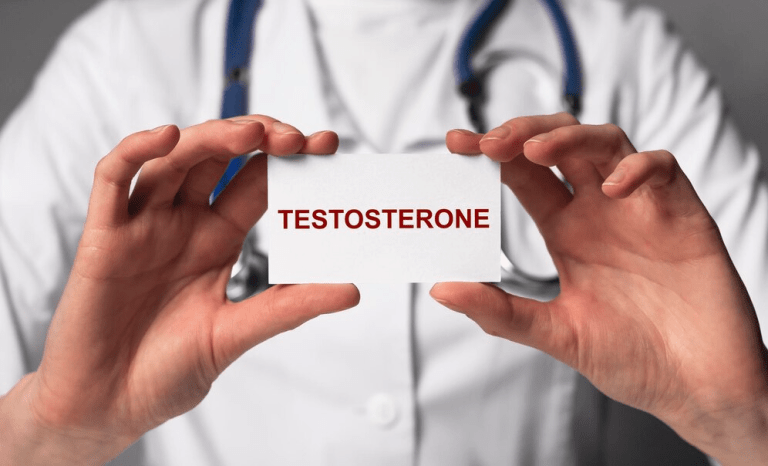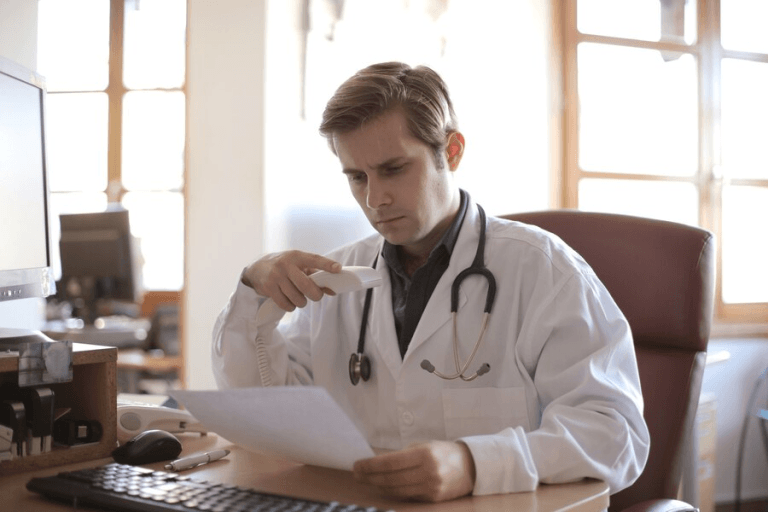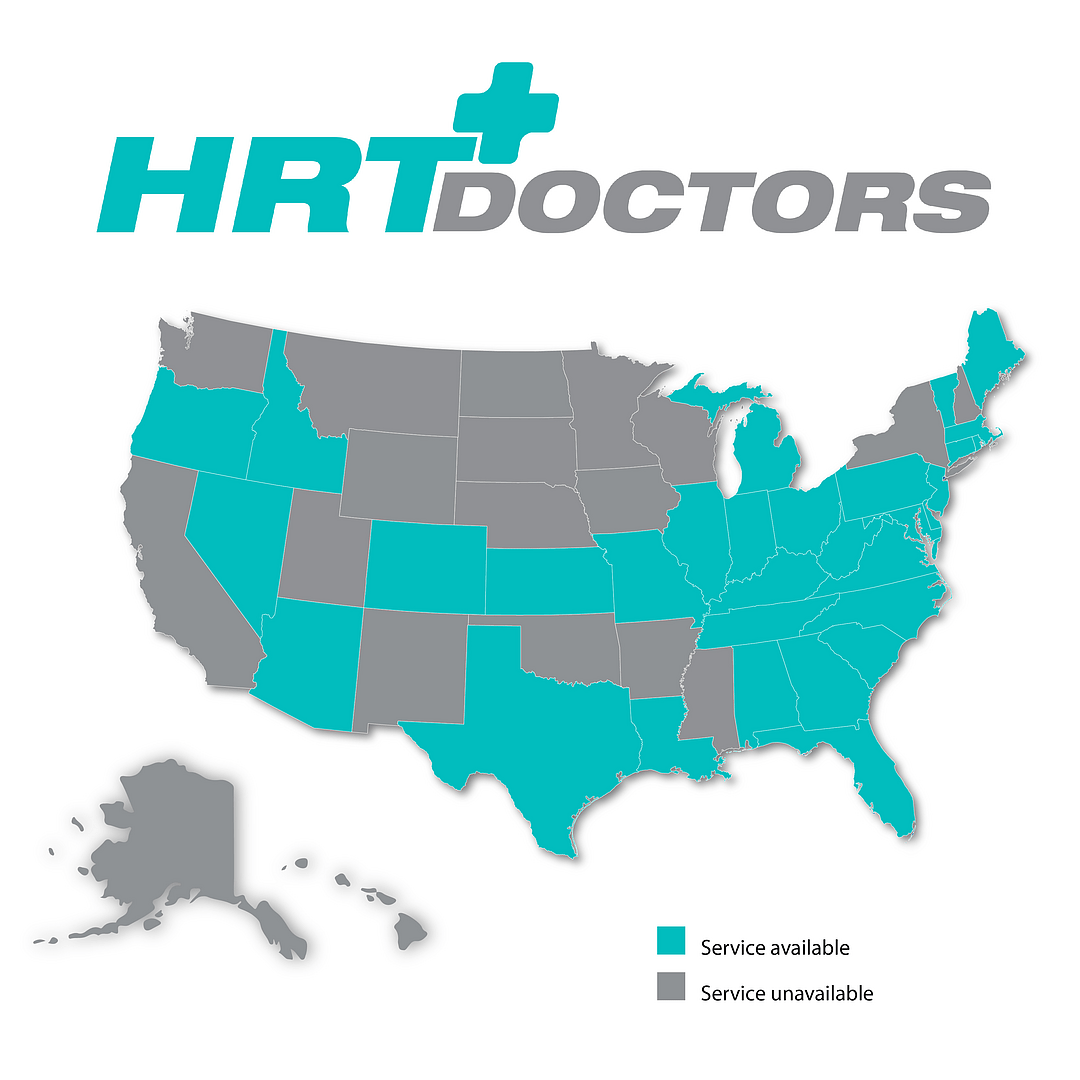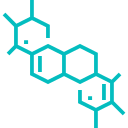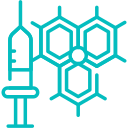Low-T (Testosterone) Center & Therapy
HRT Doctors is a nationwide Telemedicine Clinical Practice and the leading Low T Center, specializing in Hormone Replacement Therapy for men with low testosterone. Patients seeking a Low T Center have numerous options. We are fully licensed and provide service to 38 states nationwide.
$89.95 includes a comprehensive hormone blood test at your local Quest Diagnostics and an in-depth consultation with one of our board-certified doctors.

 Lab & Telehealth Medical Review
Lab & Telehealth Medical Review Testosterone injections
Testosterone injections Testosterone Cream
Testosterone Cream Anastrozole Tablets
Anastrozole Tablets Enclomiphene Citrate Capsules
Enclomiphene Citrate Capsules Doctor Follow-up Visits
Doctor Follow-up Visits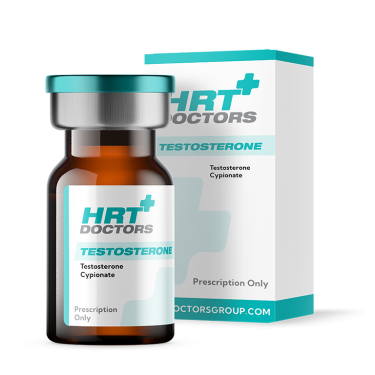
Welcome to our Low-T (Testosterone) & Therapy Clinic. Our goal is to provide you with information on recognizing low testosterone treatment options available in our telemedicine clinic. We’re here to help you restore your hormonal balance and overall health.
Understanding Testosterone
Testosterone is an important hormone that is primarily linked to masculine traits, although it is found in both males and females, though in varying amounts. It’s mostly produced in the testes of men and the ovaries of women, with smaller amounts coming from the adrenal glands. Testosterone serves several vital functions in the human body. During puberty, it triggers the development of male secondary sexual characteristics like facial hair, a deeper voice, and muscle growth. Beyond these physical traits, testosterone also influences mood, energy levels, and sexual function in both men and women. It’s essential for maintaining bone health, regulating metabolism, and supporting cognitive functions, making it a crucial hormone for overall well-being. Imbalances in testosterone levels can lead to various health problems, highlighting its critical role in the human endocrine system.
Recognizing Symptoms and Effects of Low Testosterone
Low levels of testosterone, a condition referred to as hypogonadism, can present with a variety of troubling symptoms that have a profound effect on the physical and emotional well-being of individuals.
| Symptom | Impact on Patients |
|---|---|
| Reduced muscle mass and strength | Decreased physical performance and weakened physique |
| Increased body fat | Higher risk of obesity and related health issues |
| Diminished bone density | Greater susceptibility to osteoporosis |
| Decreased libido | Reduced sexual desire and potential relationship strain |
| Erectile dysfunction | Difficulty achieving or maintaining an erection |
| Fatigue | Chronic tiredness and decreased productivity |
| Mood disturbances | Depression, irritability, and emotional instability |
| Cognitive impairment | Memory and concentration issues |
| Hair loss | Thinning hair and potential self-esteem concerns |
| Decreased facial/body hair growth | Altered physical appearance |
| Gynecomastia (breast tissue development) | Unwanted breast tissue growth |
These symptoms collectively underscore the importance of diagnosing and addressing low testosterone to improve patients’ overall well-being.
Testosterone decline with age*:
| Age (in years) | T levels in nanograms per milliliter (ng/ml) |
|---|---|
| 20-25 | 5.25-20.7 |
| 25-30 | 5.05-19.8 |
| 30-35 | 4.85-19.0 |
| 35-40 | 4.65-18.1 |
| 40-45 | 4.46-17.1 |
| 45-50 | 4.26-16.4 |
| 50-55 | 4.06-15.6 |
| 55-60 | 3.87-14.7 |
| 60-65 | 3.67-13.9 |
| 65-70 | 3.47-13.0 |
| 70-75 | 3.28-12.2 |
| 75-80 | 3.08-11.3 |
| 80-85 | 2.88-10.5 |
| 85-90 | 2.69-9.61 |
| 90-95 | 2.49-8.76 |
| 95-100+ | 2.29-7.91 |
* Information taken from cmaj.ca.
Discovering Low-Treatment Options
The good news is that Low-T is a manageable condition, and our telemedicine clinic offers several effective treatment options, including:
- Testosterone Replacement Therapy (TRT online): TRT is a commonly used method to boost androgen levels and is available in various forms, such as injections, gels, and patches, tailored to individual needs. Please note that HRT Doctors Group only provides injection-based and cream-based formats, and we do not offer gels, patches, or pellet therapy.
- Lifestyle Changes: Lifestyle adjustments, such as regular physical activity and a balanced diet, can have a significant impact on testosterone levels. Our clinic offers guidance on adopting a healthier lifestyle.
- Hormone Pellet Therapy: This innovative approach involves the insertion of hormone pellets under the skin, gradually releasing hormones into the bloodstream to maintain a consistent hormonal balance. It’s important to note that our practice does NOT offer pellet therapy.
Our patient care team and doctors are available to assess whether testosterone replacement therapy is suitable for you and to help address your testosterone-related concerns.
Selecting the Appropriate Physician for Low Testosterone Care
Low-T is a medical ailment that necessitates specialized attention. The healthcare doctors who usually manage Low-T are:
- Endocrinologists: these experts specialize in hormones and are often the foremost selection for addressing Low-T. They possess comprehensive knowledge of hormonal imbalances.
- Urologists: authorities in the male reproductive system and are proficient in diagnosing and treating Low-T, particularly concerning sexual function.
- Primary Care Practitioners: General practice physicians can perform an initial assessment and treatment for Low-T, directing you to a specialist when necessary.
- Specialty telemedicine practices: HRT Doctors is a nationwide telemedicine practice specializing in hormone replacement therapy and testosterone replacement therapy.
It’s imperative to seek counsel from a healthcare provider to formulate the most suitable treatment plan tailored to your symptoms & condition.
Potential benefits and harms of testosterone supplementation in men with testosterone deficiency syndrome*,17,18
| Organ system | Benefits | Harms |
|---|---|---|
| Erectile function/libido | Improvement | None |
| Depression/mood/fatigue | Improvement | Aggressive behaviour |
| Erythropoiesis | Increase in hematocrit | Increased risk of polycythemia, embolism |
| Skeletal muscle | Increase in fat-free mass | None |
| Bone metabolism | Prevention of osteoporosis | None |
| Cardiovascular system | Improvement in congestive heart failure, exercise capacity | Increased risk of thromboembolic cardiovascular events |
| Prostate | ||
| Benign prostatic hyperplasia | None beyond manifestations of testosterone deficiency syndrome | Marginal increase in volume and prostate-specific antigen level |
| Cancer (metastatic or high risk of recurrence) | Absolute contraindication | Recurrence and rapid progression |
| Cancer (localized and treated) | None beyond manifestations of testosterone deficiency syndrome | Potential exacerbation of subclinical residual cancer |
| Testicle | None beyond manifestations of testosterone deficiency syndrome | Atrophy or impairment of spermatogenesis |
* For additional details on the strength of the evidence, see Appendix 1 (available at www.cmaj.ca/lookup/suppl/doi:10.1503/cmaj.150033/-/DC1).
Benefits of Low-T Therapy in Our Low-T Center
Testosterone replacement therapy (TRT) offers a range of benefits for individuals suffering from low testosterone levels, also known as hypogonadism. Here are some key advantages of TRT, presented in a table format for clarity:
| Benefit | Description |
|---|---|
| Increased Muscle Mass and Strength | Enhanced physical performance and improved physique |
| Fat Loss | Reduction in body fat, aiding weight management |
| Improved Bone Density | Enhanced bone health, reducing the risk of osteoporosis |
| Enhanced Libido | Increased sexual desire and improved intimacy |
| Improved Erectile Function | Easier achievement and maintenance of erections |
| Increased Energy Levels | Reduction in fatigue and improved overall vitality |
| Mood Stabilization | Reduction in mood swings, irritability, and depression |
| Cognitive Enhancement | Improved memory, concentration, and cognitive functions |
| Hair Growth | Potential reversal of hair loss and improved hair quality |
| Restored Masculine Characteristics | Reestablishment of facial/body hair growth |
| Gynecomastia Reduction | Reduction in breast tissue development (if present) |
It’s important to note that the benefits of TRT may vary from person to person, and the therapy should be carefully monitored by a healthcare professional to ensure safety and effectiveness.
Understanding Potential Risks of Testosterone Treatment
While testosterone treatment (TRT) can provide significant benefits, it’s essential to acknowledge the potential risks associated with this therapy. Here’s a paragraph outlining these risks, followed by a table for a concise summary:
Testosterone treatment offers valuable advantages for individuals with low testosterone levels. However, it’s not without potential risks and side effects. It’s crucial for patients considering TRT to be aware of these possible drawbacks. These risks may include:
| Potential Risk | Description |
|---|---|
| Cardiovascular Issues | Increased risk of heart problems, including heart attacks and stroke |
| Blood Clots | Elevated risk of developing blood clots |
| Prostate Issues | Potential growth of pre-existing prostate cancer or benign prostatic hyperplasia (BPH) |
| Sleep Apnea | Aggravation of existing sleep apnea or increased risk of developing it |
| Mood Swings and Aggression | Mood disturbances, irritability, and aggression |
| Acne and Skin Issues | Skin-related problems like acne and oily skin |
| Breast Tenderness or Enlargement | Development of breast tissue (gynecomastia) |
| Infertility | Suppression of sperm production and fertility issues |
| Testicle Shrinkage | Potential reduction in testicle size |
It is crucial for individuals considering TRT to discuss these potential risks with a healthcare professional and undergo regular monitoring to mitigate any adverse effects.
The Benefits of Opting for Our Online Clinic for Treatment and Prescriptions
Our online low testosterone clinic offers numerous benefits, including:
- Convenience: Access treatment and prescriptions from the comfort of your own home, eliminating the necessity for in-person visits.
- Expert Consultation: Our clinic grants access to experienced healthcare professionals capable of assessing your well-being and deliberating the appropriateness of therapy. All of our Doctors are board-certified in a number of specialties.
- Privacy: Your privacy is of utmost importance to us. We deliver discreet and confidential services tailored to your Low-T treatment. Your medications are delivered in a discreet package.
- Personalized Treatment Plans: Our treatment plans are customized to suit your unique requirements, ensuring the safest and most effective approach.
- Continuous Support: Our clinic provides ongoing support including on-going blood work, encompassing the monitoring of potential side effects and necessary therapy adjustments.
Your quest for improved health and overall well-being remains our chief concern. Consult with our healthcare experts to explore testosterone replacement therapy.
Our board-certified HRT and TRT doctors use telemedicine to give convenient and more affordable access to Quality Care. Our practice addresses male patients. Our clinical practice can provide guidance to new patients seeking hormone therapy options or existing patients that are simply looking to switch to a more convenient telemedicine-based practice.
 Dr. Jay Flottman
Dr. Jay Flottman
 Dr. Melissa VanSickle
Dr. Melissa VanSickle
 Dr. Kevin Kargman
Dr. Kevin Kargman
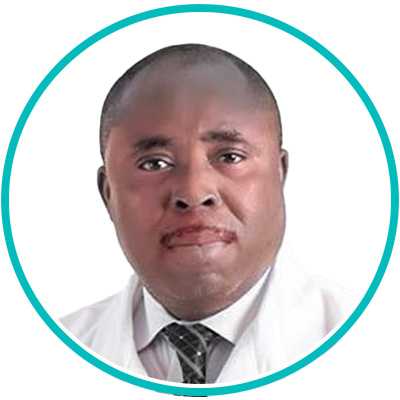 Dr. Peter Nwoke
Dr. Peter Nwoke
 Carleigh Ferrier PA-C
Carleigh Ferrier PA-C
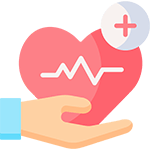
The numerous health problems that men face as they age are treated in our medical programme. Our board-certified medical Doctors provide lab work, consultations, and evidence-based treatment at a fixed and affordable price.
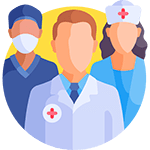
We provide our patients a fixed price to accommodate their unique requirements. Our practice provides convenient care so that patients don’t have to sit in a waiting room. Patients in rural or urban areas across the US have access to specialised care via our telemedicine platform.
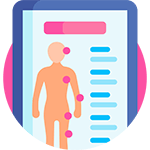
Our healthcare professional will collaborate with you to identify solutions for your health objectives, with a focus on your overall health and well-being. Our speciality is our commitment to you.
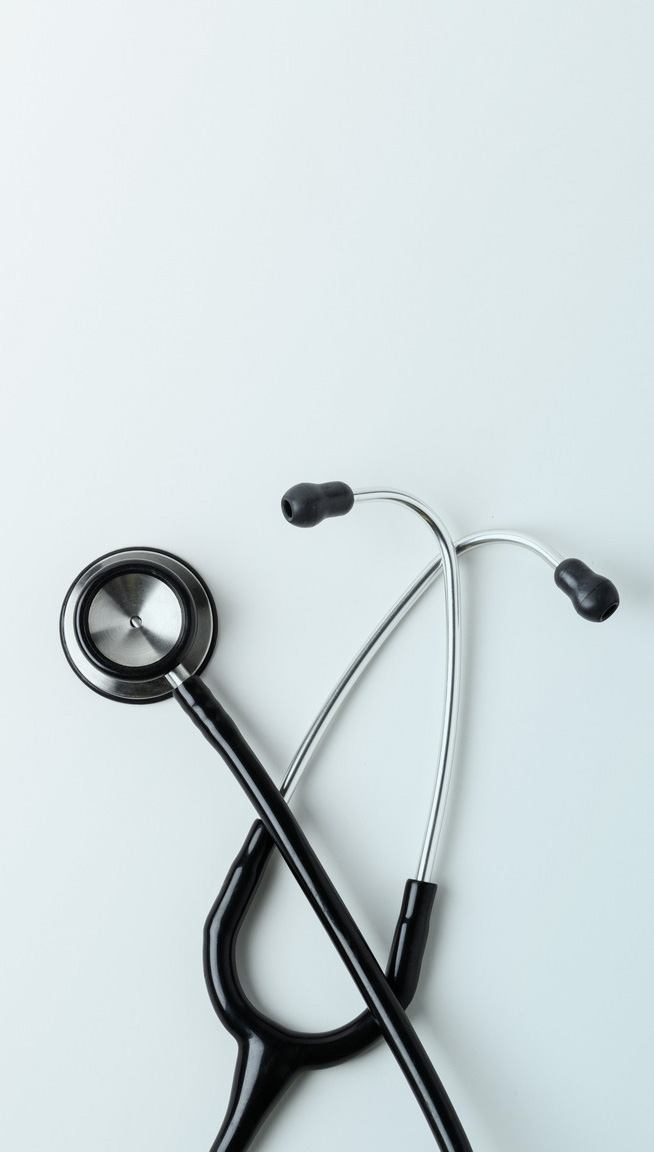
TRT & HRT
Are you ready to change your life by regaining your health? There is never a better moment to start managing your health than right NOW.
We have partnered with the nationwide laboratory, Quest Diagnostics, to provide accurate lab blood work testing and results.
Low Testosterone on the NHS: What’s Available and What to Expect
Low Testosterone on the NHS: What’s Available and What to Expect Introduction Testosterone is an important hormone in the human body, especially for men.
Why Low Testosterone Reddit Posts Are Becoming the New Health Wake-Up Call
Why Low Testosterone Reddit Posts Are Becoming the New Health Wake-Up Call Introduction: Reddit as a Modern Health Mirror Reddit is one of the largest online communities in the world.
Low Testosterone and Its Impact on Joint Health: A Focus on Knee Pain
Low Testosterone and Its Impact on Joint Health: A Focus on Knee Pain Introduction Testosterone is a hormone that plays an essential role in the human body, especially in men.
Will Low Testosterone Cause ED? Exploring the Link and Treatment Options
Will Low Testosterone Cause ED? Exploring the Link and Treatment Options Introduction Erectile dysfunction (ED) is a condition that affects many men worldwide.
